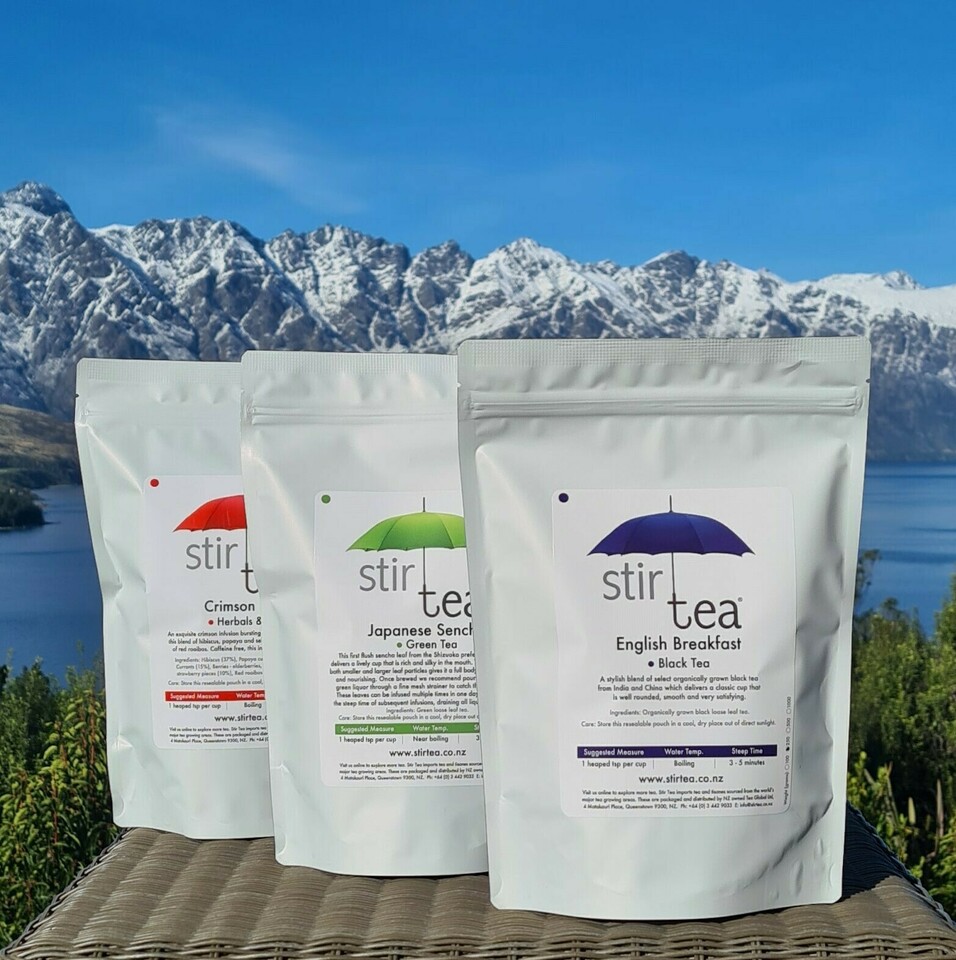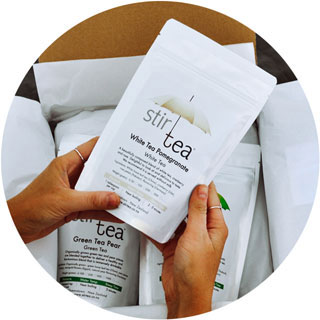With the change in season, many are considering the changes they could make to improve their lives. Swapping to a plant based diet is one of these changes, as we look to help ward off and build our immunity towards common winter ills. With a plant based diet also being said to be beneficial to our health, we thought it was time we look into things further for you.
What Exactly is a Plant Based Diet?
A plant based diet could be said to be a 100% vegetarian diet. Others take the view that it is mainly plant based, but that meat, eggs and fish are consumed. This means that there is a range of plant based diet options, including:
- vegan - no animal foods
- semi-vegetarian - occasional meat, seafood, fish and chicken, plus eggs and dairy foods
- pescatarian - no meat or poultry, but includes effs, dairy foods, fish and seafood
- vegetarian - includes eggs and dairy foods, no meat, fish, chicken or seafood
In conclusion, we're taking the view that a plant based diet is one which is heavily based upon fruits and vegetables.
Why Are People Choosing a Plant Based Diet?
Studies have shown that a diet high in plant based foods can reduce the risks of:
- heart disease
- high blood pressure
- some cancers
- diabetes
- depression
With all of the vitamins, proteins, fats, minerals and carbohydrates a person needs present in a varied plant based diet, many are choosing this solely based on health aspects. Others are choosing due to environmental factors such as reducing carbon footprints, lowering water usage and reduction in deforestation.
Getting Started on a Plant Based Diet
Like with any food choices, the varieties and the quantities are important for plant based diets too. If you are concerned or have any questions, it is best to contact a dietician or your GP for advice specific to your needs. In general though, if you are just getting started, here are some tips to consider:
- eat a variety of vegetable types and colours
- think of meat as a garnish and not the main piece on your plate
- choose good fats such as olive oil, nuts, seeds and avocados
- add whole grains into your day
- consume a variety of tea and fruit tisanes
- choose fruit for desert
- aim for one vegetarian dinner per week
You can add green tea leaves to your food, such as in soups, leafy salads and leafy stir-fries too. Our Recipe section has plenty of other ideas for adding black tea and herbals or fruit tisane blends to your food choices too.
Posted: Wednesday 1 January 2020






